MicroLED Apple Watch Ultra is pushed back to Q1 2026
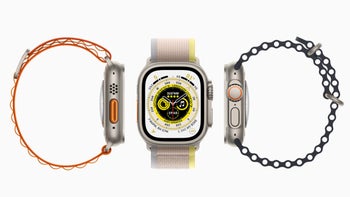
Surprisingly, Apple is planning on releasing a sequel to the Apple Watch Ultra later this year according to Bloomberg's Mark Gurman. Most had figured that the Watch Ultra, priced at $800, was not exactly a device that would have a large number of new features or design improvements every year. One major change that was expected to arrive in 2024 was a version of the Apple Watch Ultra with a microLED display.
Ross Young, CEO and co-founder of Display Supply Chain Consultants (DSCC), said back in April that a microLED-equipped Watch Ultra had been pushed back to the second quarter of 2025. But today, according to research firm TrendForce (via TheElec, MacRumors), manufacturing issues have caused Apple to push back the microLED Apple Watch Ultra until Q1 of 2026 or later. More precisely, the issue is with the high cost of manufacturing the microLED display for the timepiece.
Apple would like to reduce the cost of making the microLED screen before it greenlights mass production for the Apple Watch Ultra's new display. Besides the expense of producing a microLED screen for the Apple Watch Ultra, there is a high degree of expertise required to manufacture these displays.
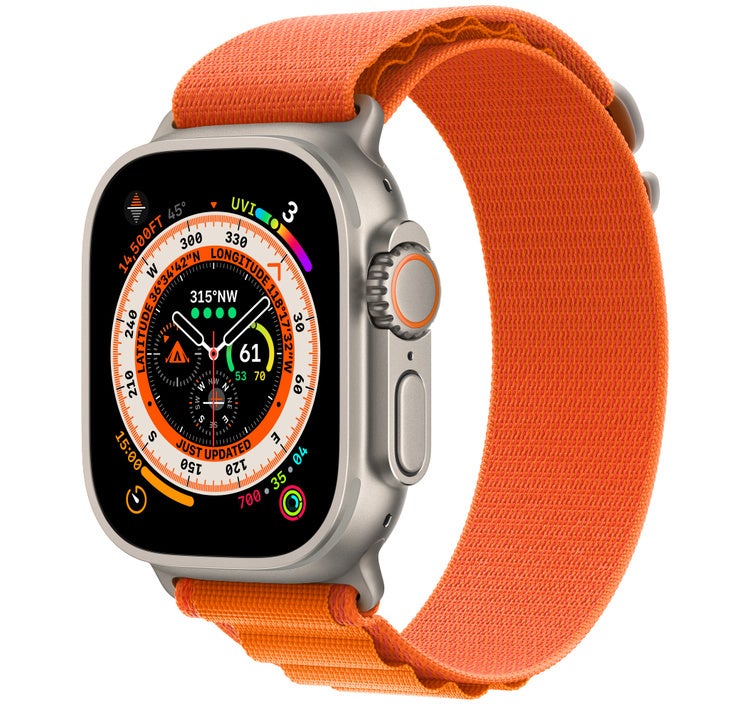
The Apple Watch Ultra currently uses an OLED display
MicroLEDs are microscopic in size and arrays of microLEDs make up each individual pixel. As a result, images have more contrast and the technology is energy-efficient. And because microLEDs are not organic (like the microOLED screens used on the Vision Pro), they are more durable, deliver brighter images, and are less likely to suffer from screen burn-in. Currently, the Apple Watch Ultra sports an OLED display.
TrendForce says that Apple has invested more than $1 billion in microLED screens over the last 10 years in order to reduce its dependence on Samsung Display. How does Apple plan on doing this? Well, after the technology is successfully used on the Apple Watch Ultra, Apple plans on using microLED screens for the iPhone. The company currently relies on Samsung for these panels.






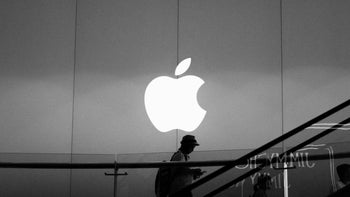
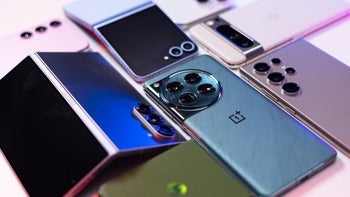

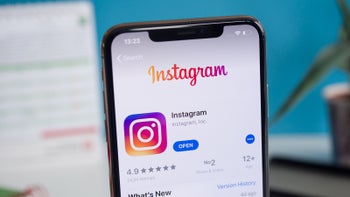
Things that are NOT allowed: